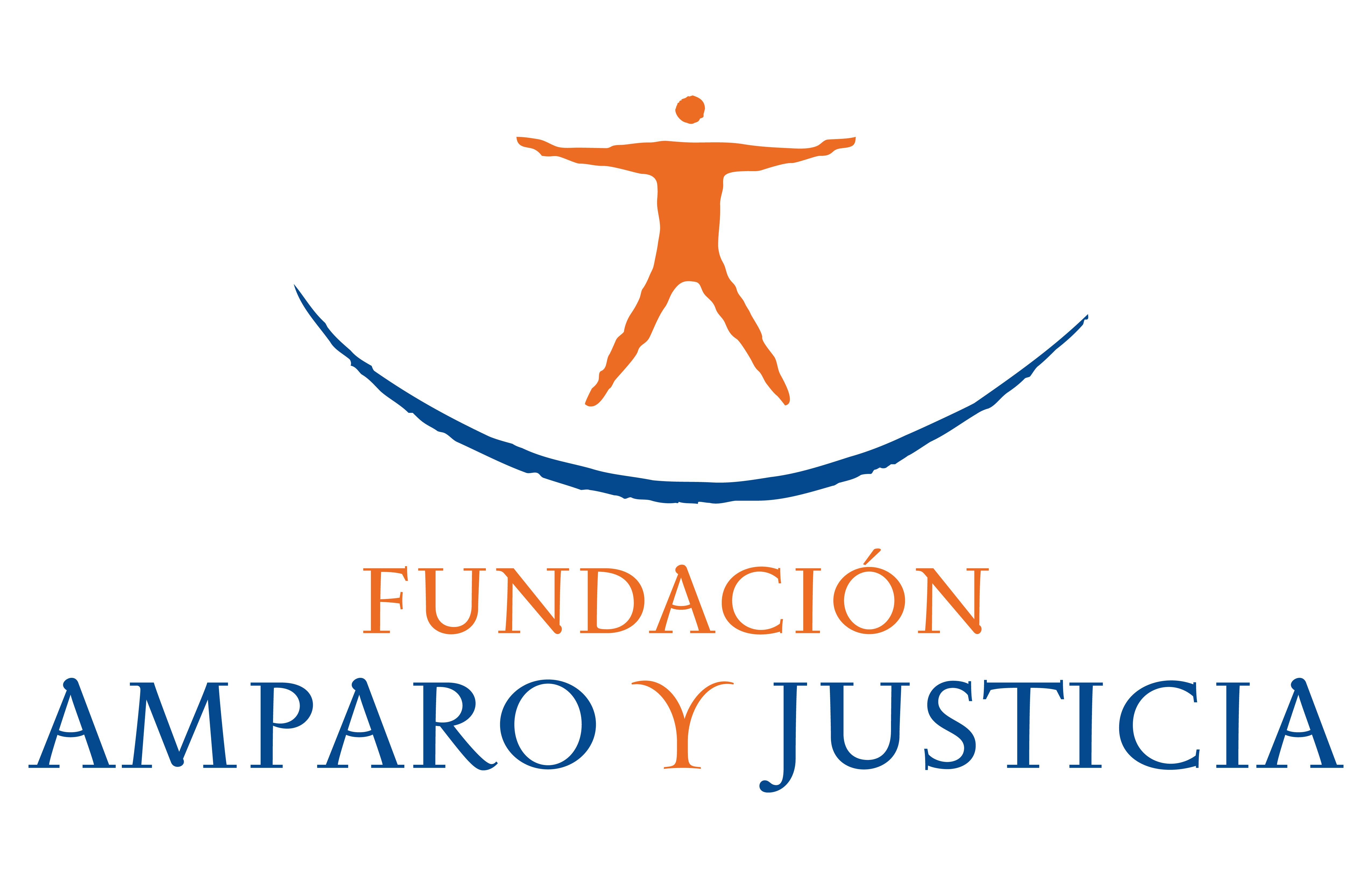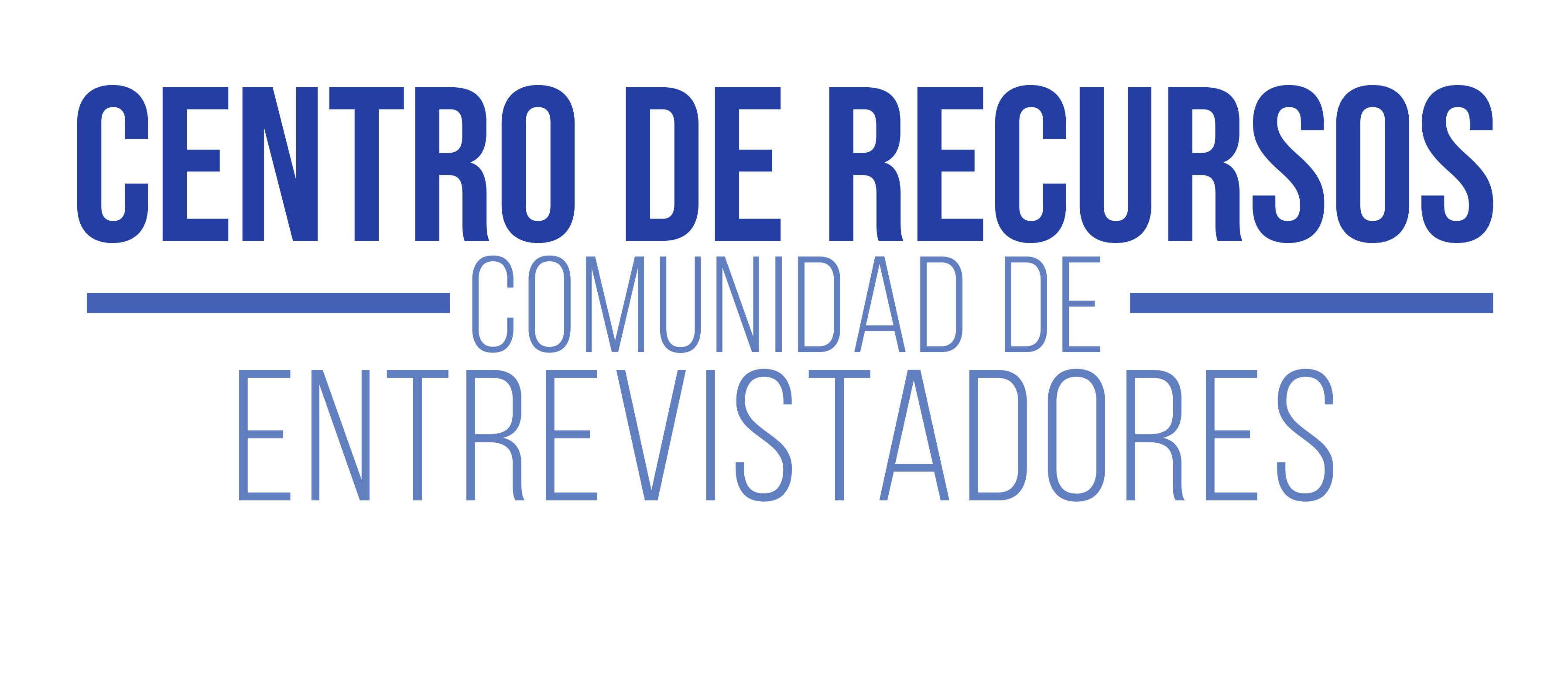Presentación de Nicolás Pietrasanta en el Congreso iIIRG-Virtual 2021, 6-10 septiembre.
Referencias
- Adams, J., Farst, K.J., & Kellogg, N.D. (2018). Interpretation of Medical Findings in Suspected Child Sexual Abuse: An Update for 2018. Journal of Pediatric & Adolescent Gynecology, 29(2), 81-87.
- Ahern, E. C., Hershkowitz, I., Lamb, M. E., Blasbalg, U., and Winstanley, A. (2014) Support and Reluctance in the Pre‐substantive Phase of Alleged Child Abuse Victim Investigative Interviews: Revised versus Standard NICHD Protocols, Behav. Sci. Law, 32, pages 762– 774.
- Ahern, Elizabeth & Sadler, Leslie & Lamb, Michael & Gariglietti, Gianna. (2016). Wellbeing of Professionals Working with Suspected Victims of Child Sexual Exploitation: Wellbeing of Professionals Working with CSE Victims. Child Abuse Review. 26.
- Benson, M.S., & Powell, M. B. (2015). Evaluation of a comprehensive interactive training system for investigative interviewers of children. Psychology, Public Policy, and Law, 21(3), 309–322.
- Cederborg, A.C., Alm, C., Lima da Silva, D., & Lamb, M.E. (2013). Investigative interviewing of alleged child abuse victims: An evaluation of a new training programme for investigative interviewers. Police Practice and Research: An International Journal, 14(3), 242-254.
- Cornille TA, Woodard Meyers T. 1999. Secondary traumatic stress among child protective service workers. Traumatology 5(1): 15–31.
- Cyr, M., Dion, J., McDuff, P., & Trotier-Sylvain, K. (2012) Transfer of Skills in the Context of Non-Suggestive Investigative Interviews: Impact on Structured Interview Protocol and Feedback. Applied Cognitive Psychology.
- Hamilton, G., Brubacher, S. & Powell, M. (2016) Investigative Interviewing of Aboriginal Children in Cases of Suspected Sexual Abuse, Journal of Child Sexual Abuse, 25:4, 363-381
- Hershkowitz, Irit & Lamb, Michael & Orbach, Yael & Katz, Carmit & Horowitz, Dvora. (2011). The Development of Communicative and Narrative Skills Among Preschoolers: Lessons From Forensic Interviews About Child Abuse. Child development. 83. 611-22.
- Kotter J. (2012). Leading change: with a new preface by the autor. Boston: Harvard Bussines Review Press.
- La Rooy, D., Brubacher, S.P., Aromäki-Stratos, A., Cyr, M., Hershkowitz, I., Korkman, J. … Lamb, M.E. (2015). The NICHD protocol: a review of an internationally-used evidence-based tool for training child forensic interviewers. Journal of Criminological Research, Policy and Practice, 1(2), 76 – 89.
- Lamb, M.E., Sternberg, K.J., Orbach, Y., Hershkowitz, I., Horowitz, D., & Esplin, P.W. (2002). The Effects of Intensive Training and Ongoing Supervision on the Quality of Investigative Interviews With Alleged Sex Abuse Victims. Applied Developmental Science, 6(3), 114-125.
- Orbach, Y., & Lamb, M.E. (2000). Enhancing children’s narratives in investigative interviews. Child Abuse & Neglect, 24, 1631–1648.
- Pietrasanta, N., Acosta, R., Fernández, C., Puyol, C., Ulloa, V. & La Rooy, D. (2020). Effectiveness of a Training Programme for Investigative Interviewers of Child and Adolescent Victims in Chile. Manuscrito no publicado. Fundación Amparo y Justicia.
- Poole, D. & Lamb, M. (1998). Investigative Interviews of Children: A Guide for Helping Professionals. En R. Wright (Ed.), What criteria do police officers use to measure the success of an interview with a child? Washington, DC: American Psychological Association.
- Powell, M., Manger, B., Dion, J., Sharman, S. (2017) Professionals’ Perspectives about the Challenges of Using Interpreters in Child Sexual Abuse Interviews, Psychiatry, Psychology and Law, 24:1, 90-101.
- Price, H.L., & Roberts, K.P. (2011). The effects of an intensive training and feedback program on police and social workers’ investigative interviews of children. Canadian Journal of Behavioural Science, 43, 235–244.
- Sternberg, K.J., Lamb, M.E., Orbach, Y., Esplin, P.W., & Mitchell, S. (2001). Use of a structured investigative protocol enhances young children’s responses to free-recall prompts in the course of forensic interviews. Journal of Applied Psychology, 86(5), 997–1005.
- Yi, M., & Lamb, M.E. (2016). Effects of the NICHD Protocol Training on Child Investigative Interview Quality in Korean Police Officers. Journal Police Criminal Psychology.

